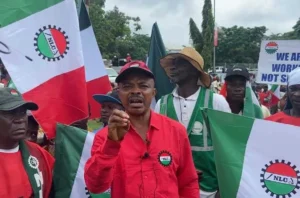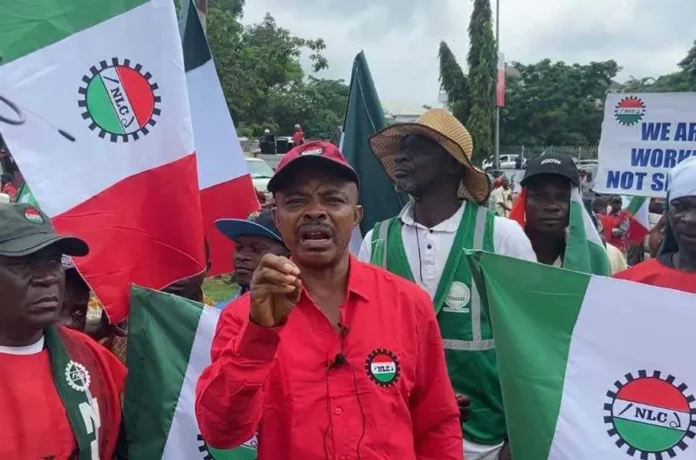The long-running minimum wage saga in Nigeria appears headed for a dramatic climax as negotiations between the government and labor unions have again reached a deadlock. With an ultimatum from labor looming on May 31st, the nation stands at the precipice of a potentially crippling nationwide strike.
At the crux of the dispute is the substantial gap between what the government is offering as the new national minimum wage and labor demands. In the latest round of negotiations, the government raised its offer to N60,000 ($164) per month, a mere N3,000 increase from its previous N57,000 proposal. Labour unions, understandably outraged, lowered their demand by just N3,000 to N494,000 ($1,350) before walking out of the meeting.

The vast chasm between the two positions underscores the fundamental disconnect plaguing these talks. The government’s paltry offers seem oblivious to the economic realities facing Nigerian workers grappling with a brutally high cost of living amidst spiraling inflation. A price tag as low as N60,000 for minimum wage is almost farcical when basic expenses like housing, food, transportation, and healthcare demand immensely more.
On the other hand, labour demands, while rooted in legitimate grievances around eroded purchasing power, may be politically infeasible and economically untenable for the government to implement across all sectors. The private sector’s strident opposition citing existential threats to business operations and job losses cannot be discounted either.
This clash of irreconcilable differences is emblematic of the profound challenges Nigeria faces as a nation. Rampant poverty, income inequality, stagflation, and economic mismanagement have deeply frayed the social contract between citizens and the state. Labor unions paint a grim picture of workers’ hardships but government policies and finances are also severely constrained.
Moreover, the political terrain is shifting with national elections looming in 2023. The ruling party may be wary of industrial action that could sully its reputation ahead of polls. Yet kicking this can down the road with stopgap measures is unlikely to resolve the fundamental issues driving this crisis.
If no resolution emerges by May 31st, an immense economic disruption will be inevitable as labor proceeds with its threatened strike. Beyond immediate costs, such unrest would severely undermine economic momentum and investor confidence in Africa’s largest economy. It could risk pushing more businesses towards relocation while diminishing quality of life further for the masses.
Compromise from all stakeholders is the only path forward out of this quagmire. The government must take the lead in crafting a fair, sustainable new minimum wage supported by coherent economic policies that stimulate productivity, job creation and equitable growth. Labor too must realign expectations with fiscal realities. But most crucially, this requires statesmanship and placing the national interest above partisan entrenchments. For Nigeria’s sake, one can only hope pragmatic leadership prevails to resolve this imbroglio decisively.




